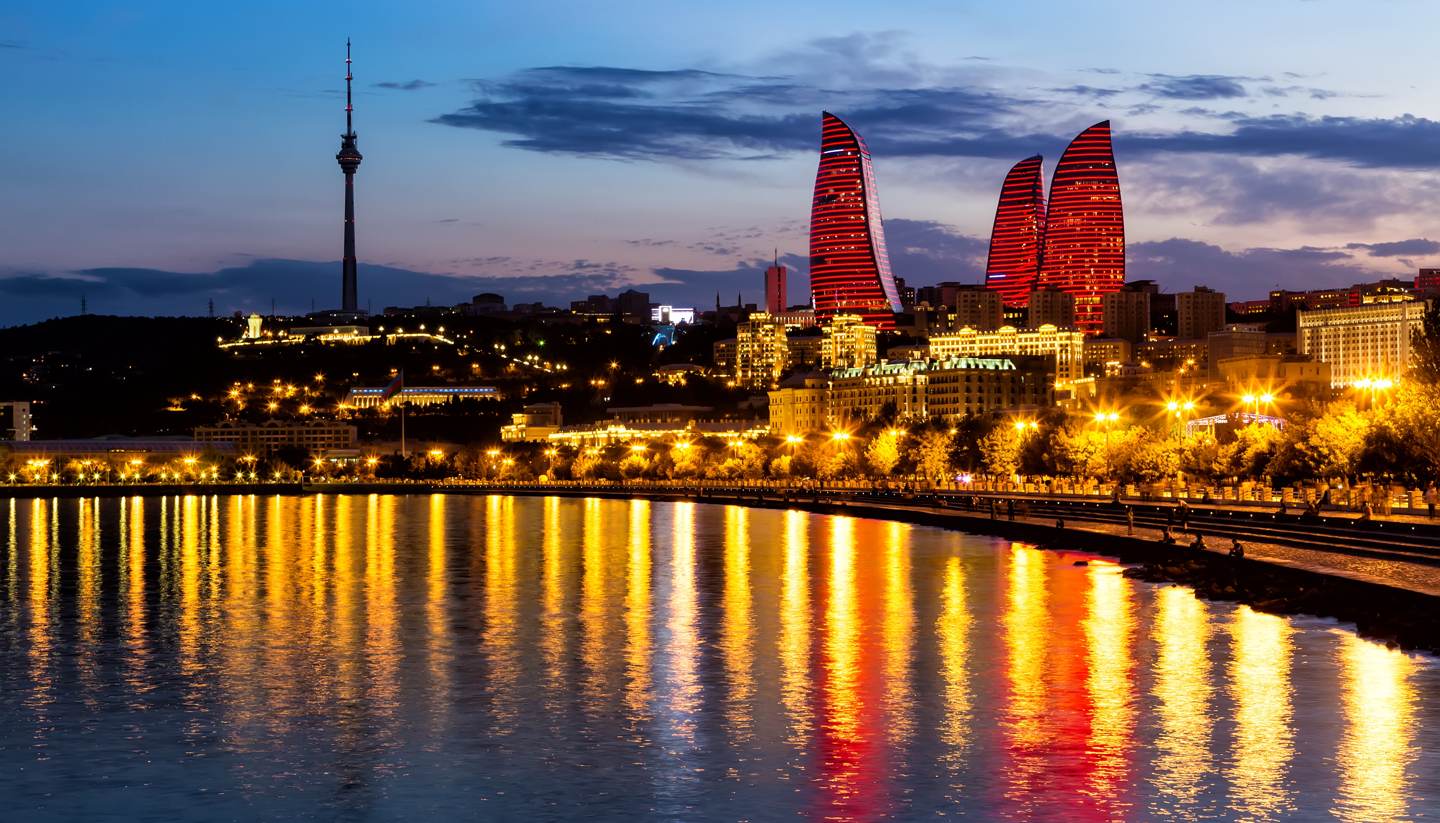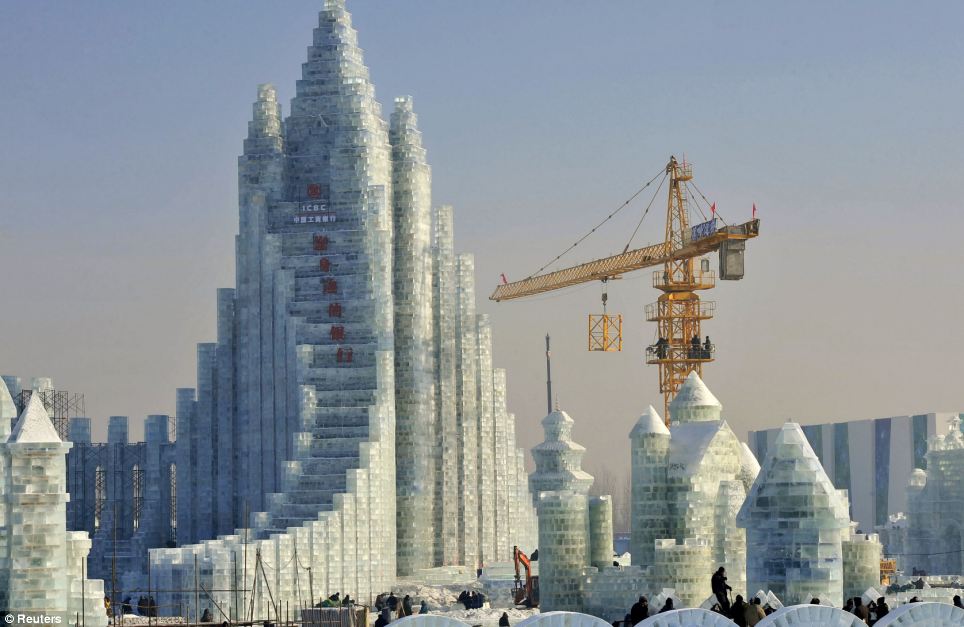Language Trends
According to multiple visitors to Baku, the proficiency in English depends greatly on age and social factors. Younger generations in Azerbaijan’s capital city are more likely to speak English than older generations. Students at universities commonly have fluent English skills, though some may make occasional mistakes due to lack of practice with native speakers. By contrast, mid-aged and older citizens rarely understand or speak English at all. However, despite language barriers, Azerbaijanis are known for their friendly demeanors and smiling faces even when unable to communicate verbally. Within the tourism industry specifically, more employees can speak English, especially in domains like restaurants, shops, and transportation hubs that interface directly with international guests. Still, proficiency levels vary considerably depending on location within Baku. Central tourist hotspots demonstrate stronger English abilities on average compared to outlying neighborhoods. Overall, the number of English speakers is growing as Azerbaijan develops its economy and global ties, but Russian remains prevalent especially among older demographic groups.

Recommended Approach for Travelers
For visitors seeking assistance or directions in Baku, the best approach is to target young adults under 30 years old. University students and graduates within this age bracket make up the population most consistently exposed to English language education. They welcome opportunities to practice their skills with foreigners and proudly introduce outsiders to their culture. Alternatively, areas like shopping malls, high-end supermarkets, and the waterfront promenade along the Caspian Sea corridor host many workers well-versed in English thanks to regular interactions with expats. However, venturing into residential districts, side streets, or smaller family-owned shops and stalls can potentially mean facing linguistic barriers. The further one travels from the urban center, the lower the chances of finding English as a shared language. Some basic Russian comprehension also helps in navigating public transportation systems and engaging with older residents. Yet even without a common tongue, Azerbaijanis strive to assist lost travelers through gestures and facial expressions conveying friendliness. Patience and persistence are key to overcoming language divides.
Growing but Uneven Tourism Industry
Since independence, Azerbaijan has invested heavily in revitalizing Baku and promoting itself on the global tourism map. Glitzy new developments, luxury hotels, and cultural attractions aim to make the city a cultural and business destination. However, visa restrictions from many nations still impede greater visitor inflows. Those who do arrive mostly originate from Eastern Europe and Central Asia due to historical Soviet ties granting easier entry. The profile of English speakers within the tourism sector mirrors this pattern, with Russian dominating in front-facing roles. Recent moves to liberalize visa policies for certain regions holds promise for diversifying Baku’s visitor base. Arabic language training for hospitality staff indicates targeting Gulf travelers as a priority market. Still, transforming Azerbaijan into a truly Euro-Asian tourism powerhouse requires further visa simplification and widespread English diffusion. Both young Azerbaijanis’ passion for the language and the government’s support for internationalization bode well for continuous linguistic progress serving travelers in the years ahead.
Entertainment and Dining Out
For relaxing evenings in Baku, entertainment districts along the seafront like Fountain Square and Seaside National Park stay abuzz with activity well into the night. Here congregate hordes of local youth intermingling with expat residents of every nationality. Conversations frequently blend Azerbaijani, Russian, and English in an atmosphere conductive for socializing and practicing languages. International fine dining restaurants and lively pubs/clubs in these zones employ multilingual staff addressing patrons in their preferred tongue. English communications flow smoothly for placing food/drink orders or coordinating event bookings and reservations. Menus also feature ample English labeling for dishes and descriptions. More modest eateries outside the main entertainment vortex see languages skills vary more by staff age and experience. However, even simple kebab stands try catering to tourists through basic greetings and pricing in English. Overall, Baku’s nightlife hotbeds fosters a relaxed multicultural ambiance encouraging cross-cultural mingling and linguistic exchange. With patience and gesturing, hungry travelers can satisfy their taste buds while getting a dose of local color and people interactions that enhance any visit. Confidence in approaching the city’s gregarious youth also opens doors to forming new international friendships amidst the buzz.
Sightseeing Beyond the Centre
While English often remains inadequate for independent sightseeing outside Baku’s hyper-developed downtown, organized guided tours offer a reliable alternative. Companies specializing in showcasing Azerbaijan’s rich historical and natural heritage to foreigners lead excursions both within the Absheron Peninsula surrounding the capital and on day trips farther afield. Guides undergo thorough language training to immerse guests in knowledgeable narratives highlighting each destination’s significance. Ranging from majestic religious structures like the UNESCO-listed Shirvanshah Palace to sprawling wetlands and flamingo sanctuaries, diverse attractions come alive through contextual stories told bilingually. Private vehicle transportation with an English translator also removes worries about navigating smaller towns and villages with limited signage. For independent travelers wishing a taste of real provincial life off the tourist trail, pre-arranging a bilingual friend or host through social networks proves helpful. Rural hospitality and generosity still thrive in Azerbaijan despite modernization. With an introduction and simple communications, strangers open their homes and tables to outsiders wishing to absorb genuine local flavors far from the capital’s gloss. Combined with knowledgeable guiding, such grassroots cultural exchanges offer truly memorable additions to any Baku-based itinerary.
Connecting with Locals
No trip abroad feels complete without establishing personal connections with natives. For visitors spending significant time in Baku, volunteering with organizations supporting community development grassroots proves a meaningful way of giving back while improving language skills. Teaching conversational English classes especially to kids and teens fosters cross-cultural friendships.
Networking via Facebook groups mobilizing Azerbaijanis interested in various hobbies provides another entrance. From photography clubs to book clubs and hiking meetups regularly convening in English, such platforms welcome foreigners as well as dispelling any remaining perceptions of insularity. Attending cultural festivals, music gigs, and public lectures also presents informal settings for mingling and swapping contact details with like-minded locals.
For committed language learners, private tutors offer intensive week-long immersions in Azerbaijani through total linguistic emersion. Student housing placements further reinforce practical vocabulary absorbed while experiencing daily life alongside locals. Overall, seizing every opportunity for genuinely reciprocated interactions beyond shallow tourist exchanges helps peel back societal layers and leaves Baku with a lasting sense of personal investment in the country’s development.

 Pros and Cons of Visiting Harbin and Kunming: A Detailed Comparison
Pros and Cons of Visiting Harbin and Kunming: A Detailed Comparison